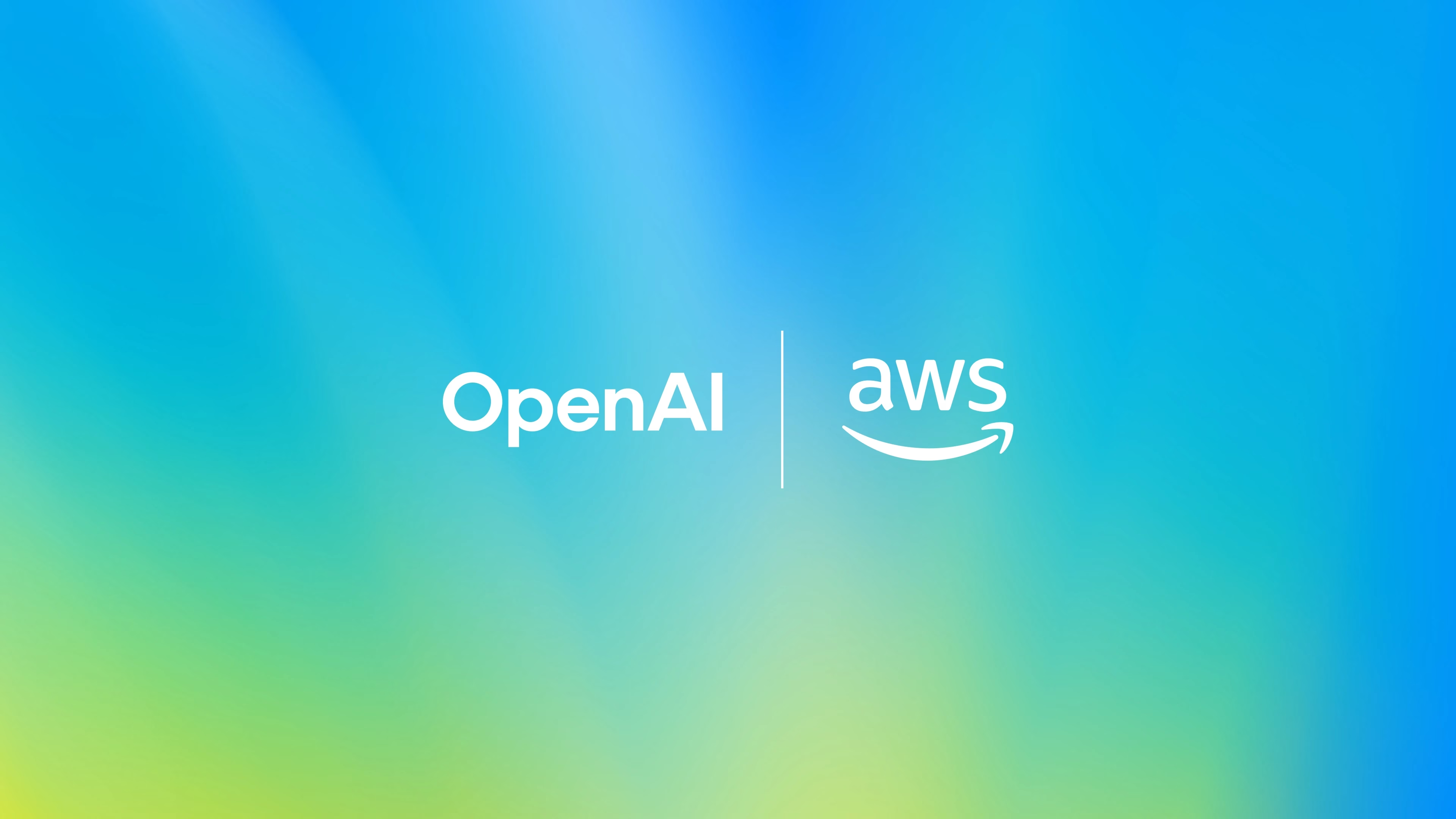OpenAI Taps AWS for Multi-Year Cloud Partnership to Scale AI Workloads
Amazon Web Services (AWS) and OpenAI officially announced a multi-year strategic partnership on November 3, 2025, marking a significant development for the rapidly evolving artificial intelligence landscape. This alliance positions AWS as a core infrastructure provider for OpenAI's demanding AI workloads, encompassing everything from model training to inference for systems like ChatGPT and next-generation agentic AI. The announcement, detailed simultaneously on AWS's official news blog and OpenAI's blog, confirms a strategic pivot for OpenAI in securing the vast compute resources necessary for its frontier AI ambitions.
Strategic Alliance to Power Next-Generation AI
The partnership addresses the escalating compute demands that have become a defining characteristic of advanced AI development. OpenAI, known for pushing the boundaries with models like GPT-5 Pro and Sora 2, requires immense scalability and robust infrastructure. AWS is stepping in to provide this, offering access to its global network of data centers and, critically, its custom silicon designed for AI. Matt Garman, AWS CEO, emphasized this in a statement, noting, "This multi-year partnership will enable OpenAI to leverage AWS's industry-leading infrastructure to run and scale their advanced AI workloads... We're excited to support OpenAI's mission to make AI safe and beneficial." OpenAI CEO Sam Altman echoed this, stating that AWS's infrastructure is "key to handling the massive compute demands of frontier AI."
This collaboration builds directly on recent developments from both companies. OpenAI’s DevDay in October 2025 saw the unveiling of features like Agent mode, which rolled out in preview on October 21 for Plus, Pro, and Business users. Meanwhile, AWS announced Project Rainier, described as "the world's most powerful AI supercomputer," becoming fully operational on October 30, 2025. Project Rainier boasts over 1 million AWS Trainium accelerators, capable of exascale computing. It’s no wonder experts, like those at Forrester, are calling this a "game-changer," predicting potential cost reductions of 30–50% for OpenAI compared to prior setups.
Technical Backbone: Project Rainier and Custom Silicon
At the heart of this partnership lies AWS's specialized hardware and infrastructure. OpenAI will gain access to Project Rainier, along with AWS's Trainium and Inferentia chips. These custom-designed accelerators promise substantial performance improvements for AI tasks. We're talking about up to 2x faster inference and a 50% reduction in energy consumption, according to AWS specifications. Such efficiency gains are crucial when you're dealing with models of OpenAI's scale. OpenAI will begin migrating its workloads to AWS infrastructure over the coming months, a process that is expected to enhance support for its AgentKit and Apps SDK, ensuring low-latency performance globally.
The deal also marks a notable shift in OpenAI’s infrastructure strategy. While its partnership with Microsoft Azure has been ongoing since 2019, primarily focusing on research, this AWS agreement emphasizes production scaling and widespread deployment. This move introduces multi-cloud redundancy, a wise strategy to mitigate single-provider risks, and expands OpenAI's reach to AWS's global network, benefiting regions like the EU with enhanced GDPR compliance and Asia-Pacific with faster latency. The global reach aspect is pretty significant, isn't it? It suggests a strong push for AI adoption in emerging markets too.
Industry Reactions and Future Implications
The announcement has generated considerable buzz across the AI community. Developers on platforms like Reddit and X have expressed excitement about the potential for faster ChatGPT responses and easier scaling for their custom applications. The integration with AWS tools like Bedrock is also seen as a positive. However, some voices on platforms like Hacker News have raised concerns about OpenAI’s independence, especially in a multi-cloud environment, and general data privacy implications, which is understandable.
Beyond the immediate technical benefits, this partnership highlights a broader industry trend towards consolidating AI infrastructure. As compute costs continue to soar – Gartner estimated the industry-wide costs exceeding $100 billion by late October 2025 – companies are actively seeking the most efficient and scalable solutions. AWS’s commitment to sustainable AI, with its carbon-neutral data centers, also aligns with a growing emphasis on environmental responsibility in tech. This collaboration isn't just about raw power; it's about smart, sustainable scaling for the next era of AI innovation.
